After spending the bulk of my Saturday organizing the pictures I've captured over the last three weeks, I'm reflecting on archiving in the digital age.
Generally, I'm not someone who waits to get home before I start organizing my work. On my trip to Hawaii, for example, I rated all of my images, and updated the metadata for all of the "keepers" while I was still on the road. So it's not like I'm starting from ground zero once I'm at my desktop computer.
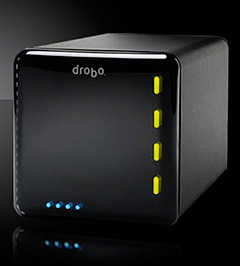
As I think back to the "old days" of sorting slides, marking them with a Sharpie, then putting them into sleeved binders, I have to say that archiving in the digital age is neither better nor worse. It's different.
With digital, my pictures are easier to retrieve up the road thanks to metadata and great browsing tools such as Aperture, Bridge, and Lightroom. I can multitask (unload the suitcase and start the wash) while files are being copied to backup drives. And I find that I'm making presentations and prints faster that I used to in the analog days.
On the other hand, I'm more nervous about hard drives crashing and optical discs going bad than I ever was about properly stored film. So I'm constantly looking for affordable redundant solutions to put my mind at ease. And those tools cost money. And I'm still not sure about my "return on investment" for all the time I spend writing captions and keywords. Maybe I'm just not taking advantage of that work properly yet.
I'll tell you when digital feels good though. When I really need to find a particular image quickly, and I actually locate it. So, I guess spending some time on the weekend toward this endeavor is not really wasted after all. Maybe I'll go take more pictures today.
Learn what photographers need to know to organize and edit their images with Photoshop CS4. Take a look at The Photoshop CS4 Companion for Photographers. It fits in your laptop bag and is very easy on your wallet.
Technorati Tags: backup, Derrick Story, digital photography, Photoshop CS4 Companion for Photographers, Technology, The Digital Story


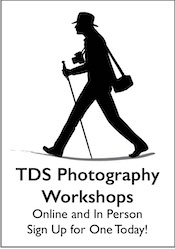





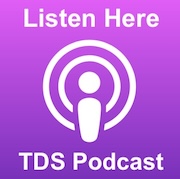





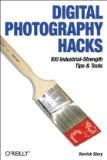
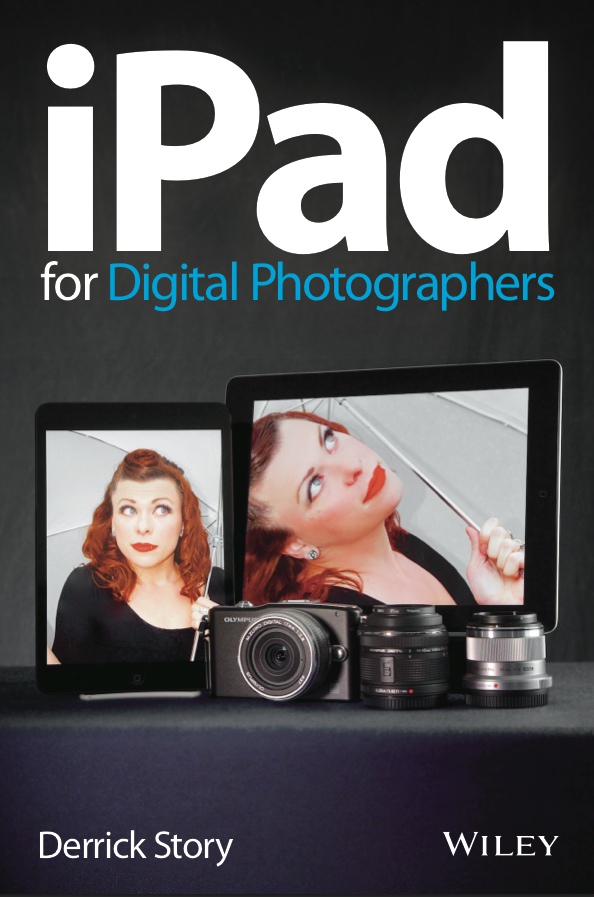
This is interesting, but I also think there are at least two mini-eras in the digital age: pre-Raw and post-Raw. Then there's the issue of online archiving...
Looking back, shooting JPG was a ton easier: after sorting in iPhoto, I would upload the entire album to SmugMug along with a smaller set for public access. These public albums were captioned, and I used the overall process to develop a complete archive of all digital photos taken since 1999. For $50/year with unlimited storage, this is (was?) a great deal.
I was arm-twisted into shooting Raw in late 2006, and flip-flopped between that and JPG (and sometimes Raw+JPG, yikes!) until going 100% Raw earlier this year. Now my workflow is nearing trainwreck status. Before, I could keep all photos on a laptop and do the external HD + SmugMug backup. Now? Turns out SmugMug won't accept Raw files; they have a deal with Amazon to store all other file types, but it would cost at least $20/mo to maintain an archive. Then there's the large file size issue: after outgrowing the laptop, I had to rely on external HDs to access files. Those were a few years old and too small to house an entire iPhoto library, so then there was the problem of photo libraries (and their backups) scattered across too many drives. (I actually like having access to all photos in one place to quickly find, say, a generic photo of a cow for a presentation slide. But I realize this won't be realistic over time.)
I finally merged all the iPhoto libraries on one large external drive and backed up to another. But sheesh...what a mess. Guess I need to seriously switch to Aperture and rethink this entire workflow.
And I really appreciate the post-production benefits of shooting Raw, but man...what a mess to manage and backup!
Great points about how Raw capture has been a game-changer on the archiving side too. It's actually a consideration for me right now as I think about upgrading to the new Canon 5D Mark II. Do I really want every shot to be a 21MP Raw file?
We are a group of volunteers and starting a new initiative in a community. Your blog provided us valuable information to work on.You have done a marvellous job!